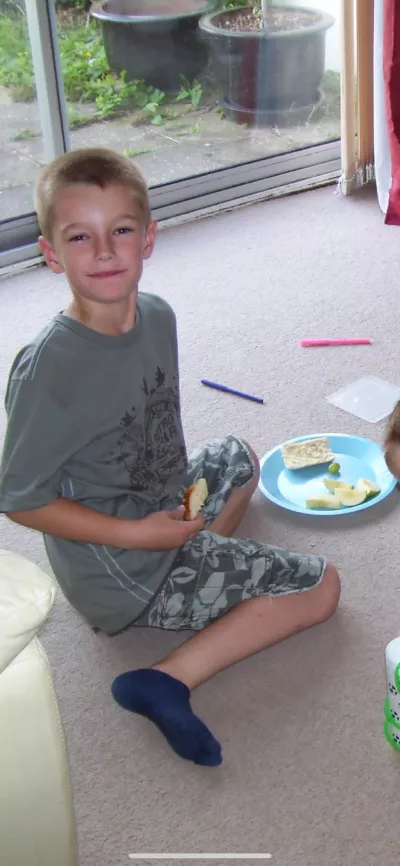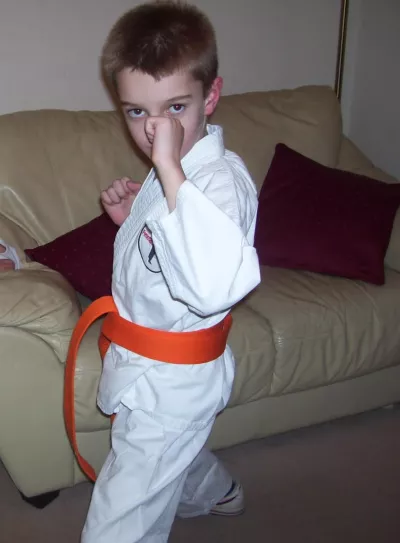
My early days of epilepsy were the most confusing of my life.
The sudden and unexplained descent into seizure-hood was something that eleven-year-old me couldn’t get my head round. I’d gone from being an avid footballer, brown belt in karate and a relatively accomplished sleeper, to someone who awoke each morning in immense pain, having had a seizure in my sleep.
I was in and out of hospital about as often as I was in school, for a period. It had its perks, for Year 7 me celebrated rather than bemoaned the loss of several weeks of schoolwork. That said, the hospital bed was nothing compared to the comfort of my own, I greatly missed my PlayStation, and, as a self-confessed fussy eater, the food was atrocious.
It was one of these depressing dinners that sticks out as my most influential hospital memory. I was disheartened to see that the only other child in what one could term a ‘dining area’ was one who I had found very annoying. During my stay, this child had roamed the ward like a territorial lion, proving to be unbearably loud with a voice that my bitter self found aggravating. And here I was, forced to sit with him, eating stinking fish fingers and tasteless vegetables.
And yet, how enlightening a conversation can be!
Having to have a conversation with this child had entirely changed my perspective on him. After bonding melancholically over our collective disdain for the food, we spoke about epilepsy. I learnt that he was an individual who was having over thirty seizures a day. No drugs were working. There was no successful treatment in sight. Me? I had on average a seizure every other day. At my very worst, I had three in one night – barely a hattrick. The first medication they put me on, was showing tentative signs of working. As much as I lambasted the tragedy of my situation, it was nothing compared to his. And it shifted my perspective on him, and indeed epilepsy in general.
As I’ve grown up with epilepsy, this interaction has remained prominent in my mind. I understand completely the severity of my situation, which, by consequence, makes me aware of just how terrible the situation must be of those in a worse position than my own. What has continually motivated me since those early epilepsy days is the knowledge that whilst I have epilepsy, I am okay. There are a very large number of people with epilepsy out there who are not okay. Those with seizures tens or even hundreds of times a day. Those whose medication is failing, or whose side effects from it are crippling. Those who have lost their jobs, their friends, their loved ones due to a condition they have no control over.
I would not be doing them justice, as a relatively able epileptic, if I did not support Purple Day as best I can.
Call it raising awareness, call it fundraising, call it whatever you want, but the fundamental ethos of Purple Day is aiding those epileptics that need it most. I met one of those epileptics on that fateful hospital day. That was a decade ago now. Who knows what ever happened to that child, but I wish him Godspeed in his recovery from his horrible condition.
Conversations need to be had. Support needs to be offered. Change needs to be made.
And no, I’m not just talking about the hospital food.


